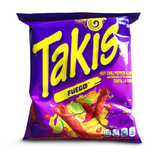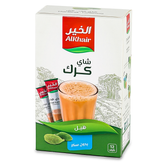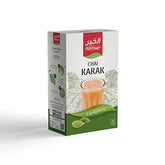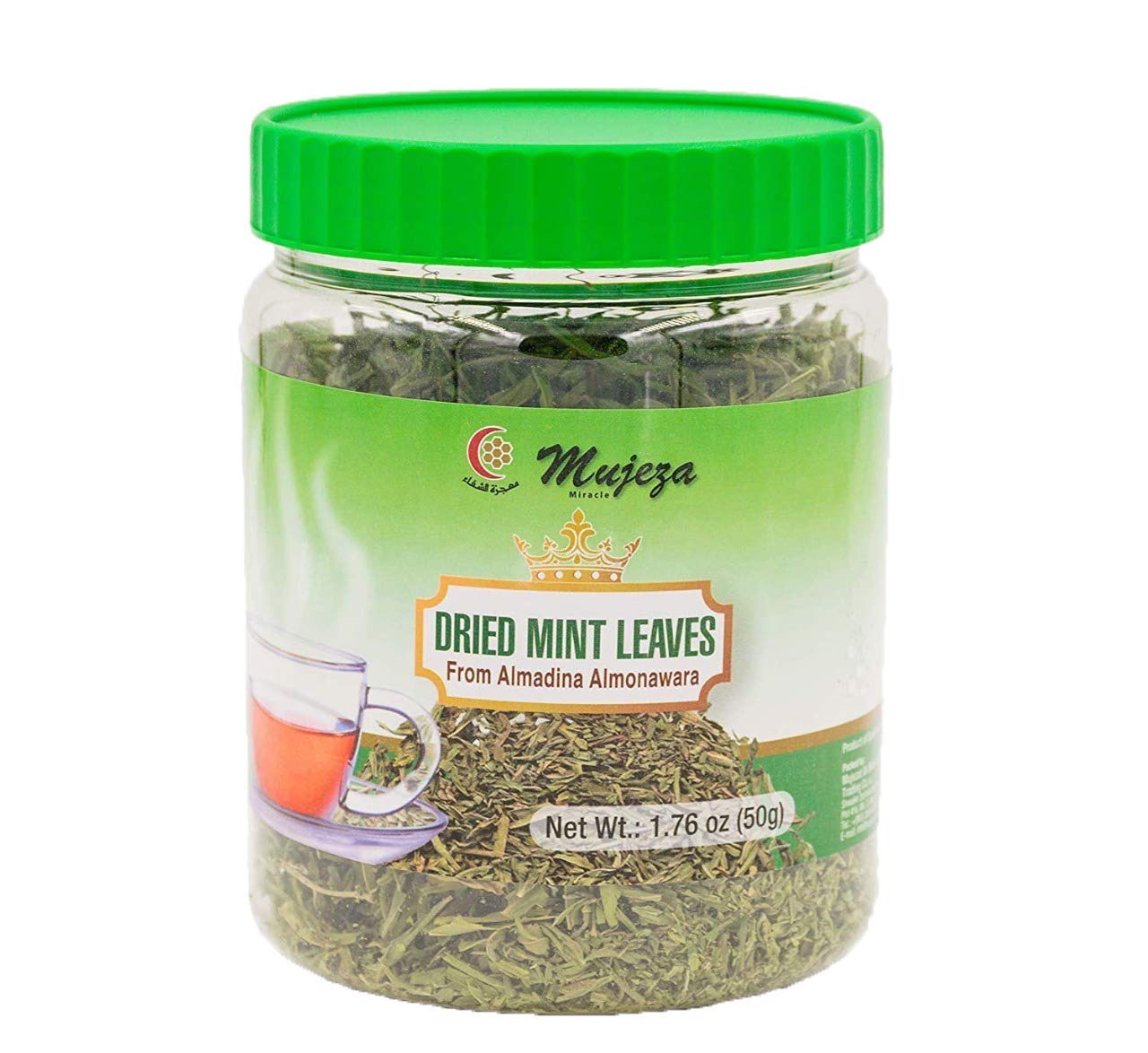






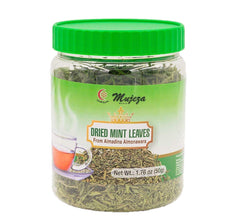
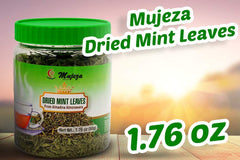
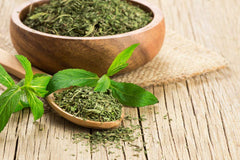
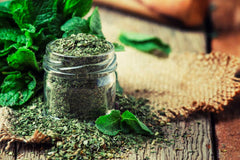



Description
xDried Mint Leaves / The mint plant (Basil Medina / Habak Medina) is a fragrant plant, a natural mint planted and prepared without the use of any chemical fertilizers, pesticides or chemicals; It contains natural substances that prevent oxidation and is rich in vitamins C.
Scientific name:
- mint You can add mint leaves to tea, in addition to the Saudi mint is known for its international quality and pungent aroma.
- Dried mint leaves contain many nutrients and are a good source of vitamin A in particular, which is a fat-soluble vitamin and one of the most important vitamins that maintain eye health and night vision, and mint is a rich source of antioxidants, especially when compared to other herbs and spices.
- Antioxidants help protect the body from stress.
Dried mint or Madinah basil is also called by other names, such as:
- Zaitman, Daqqa Balat, Rock Tea, Al Waer Tea Plant, Filo, Batnaj, Basil and Al Ghubaira.
In fact, 1/3 cup or half an ounce or 14 grams of dried mint contains the following:
- Calories: 6.
- Fiber: 1 gram.
- vitamin A: %.
- Iron: 9%.
- Manganese: 8%.
- Folic acid: 4.
How to prepare:
- Add 1 tablespoon of dried mint leaves to 2 liters of water after boiling; they can be sweetened or served without sugar and drink hot or cold
Feature:
- Natural mint: The mint plant (Basil Medina / Habak Medina) is a fragrant plant, a natural mint planted and prepared without the use of any chemical fertilizers, pesticides or chemicals.
- Dried natural mint: Dried mint leaves (Basil Medina) contain natural substances that prevent oxidation and are rich in vitamins C. Scientific name: mint you can add mint leaves to tea, in addition to the Saudi mint is known for its international quality and pungent aroma.
- Wonderful taste: Dried mint leaves contain a good amount of the mineral potassium, and it tastes distinctive with or without sugar, dried mint or Madinah basil is also called by other names such as: Zaitman, Daqqa Balat, Rock Tea, Al Waer Tea Plant, Filo, Batnaj, Basil, and Al Ghubaira.
- Excellent nutrients:Dried mint leaves contain several nutrients such as calcium, phosphorous, vitamin C D E, and small amounts of the B complex.
- A distinctive herb: Dried mint leaves contain many nutrients and are a good source of vitamin A in particular, which is a fat-soluble vitamin.
- Choosing a selection results in a full page refresh.


